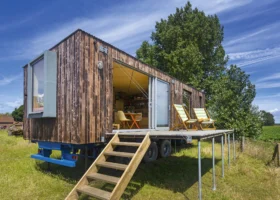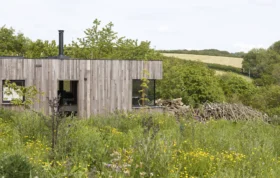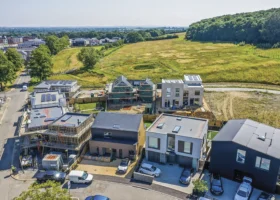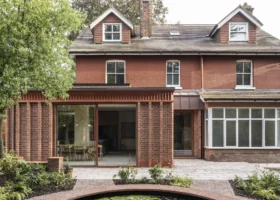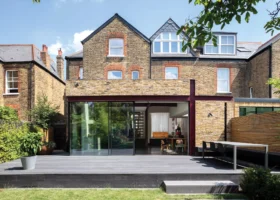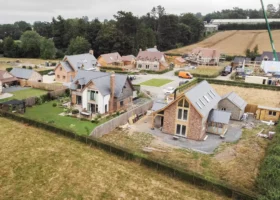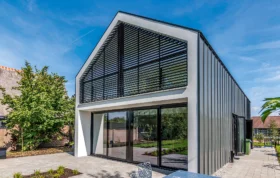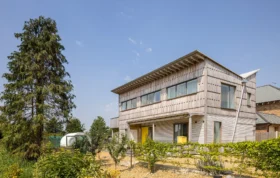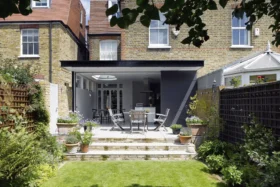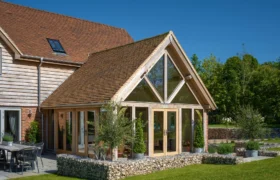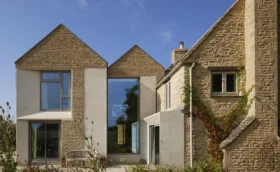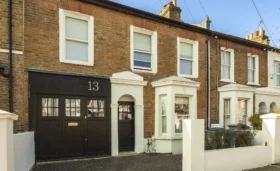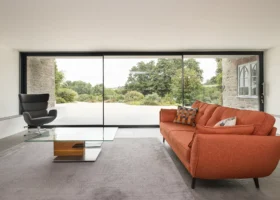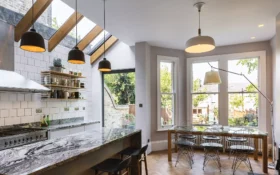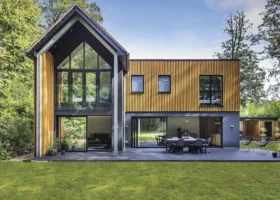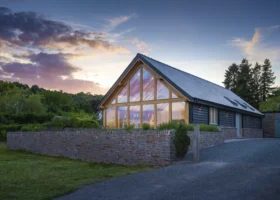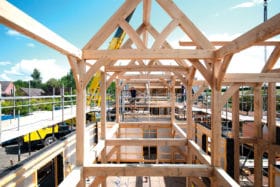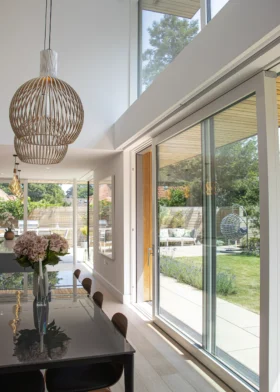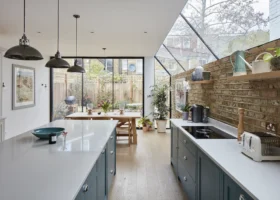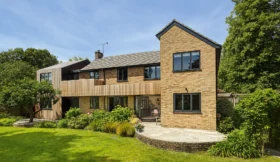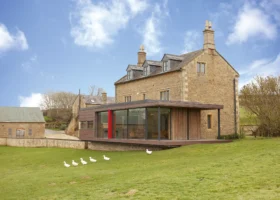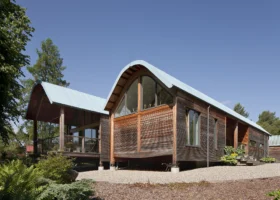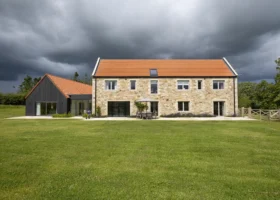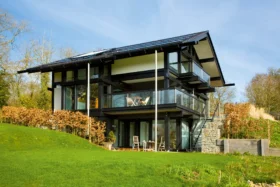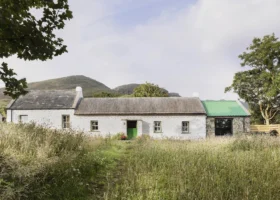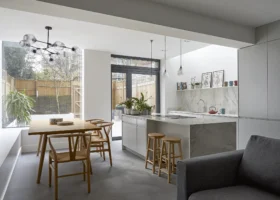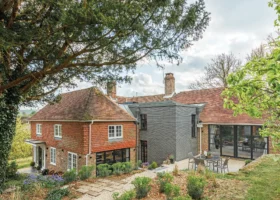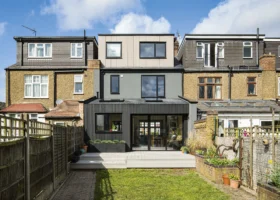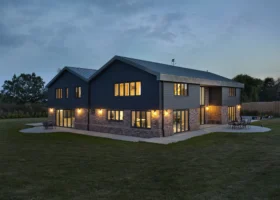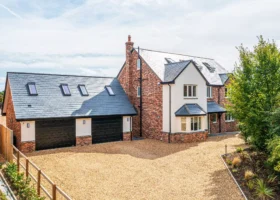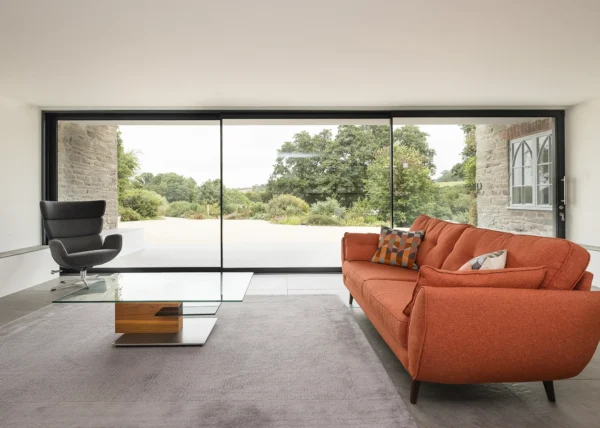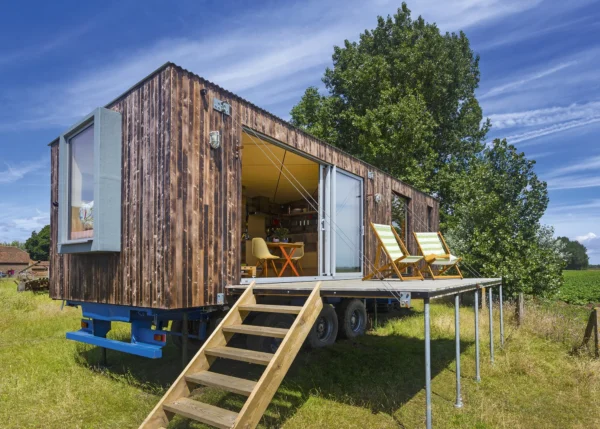Q&As
What are the benefits of local needs planning?
Hello, I wonder if you could give me some advice on local needs planning? I’m about to apply hopefully, for planning for a dwelling for myself. I work in the countryside, have lived here all my life, have no mortgage etc, so I qualify for the LNP. But what I am not fully understanding is what is the advantage of this route? The conditions of the LNP specify a maximum house size of 130 m2, that the house can only be worth a certain value and also only sold to someone in a similar position. So what’s the point of applying for the LNP – why not just apply for full, normal planning permission which doesn’t restrict the size etc?
Answers
The principal benefit of ‘local needs planning’ is that it enables planning permission to be granted in rural areas where ‘normal’, i.e. applicable to all, planning permission wouldn’t be granted.
Different councils have different local needs based policies. The type you refer to is often found in National Parks and other attractive rural areas where there’s great pressure for holiday and second homes. These force up local property prices and threaten to price locals out of their own communities.
In response, councils draft ‘local needs’ policies that enable permission to be granted for local people who fit prescribed criteria. This sets up the situation where parts of a district might be open to all – for example in and around towns or larger villages, whilst house building in smaller villages and hamlets is restricted to ‘local needs’ only.
So, apply under the ‘local needs’ policy where it is the only way forward, otherwise, as you suggest, just apply for an unrestricted permission in the normal way.
Mike Dade, planning consultant at Speer & Dade


